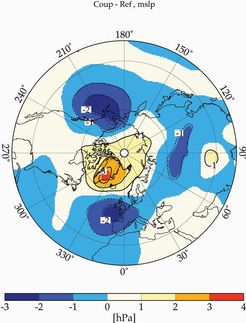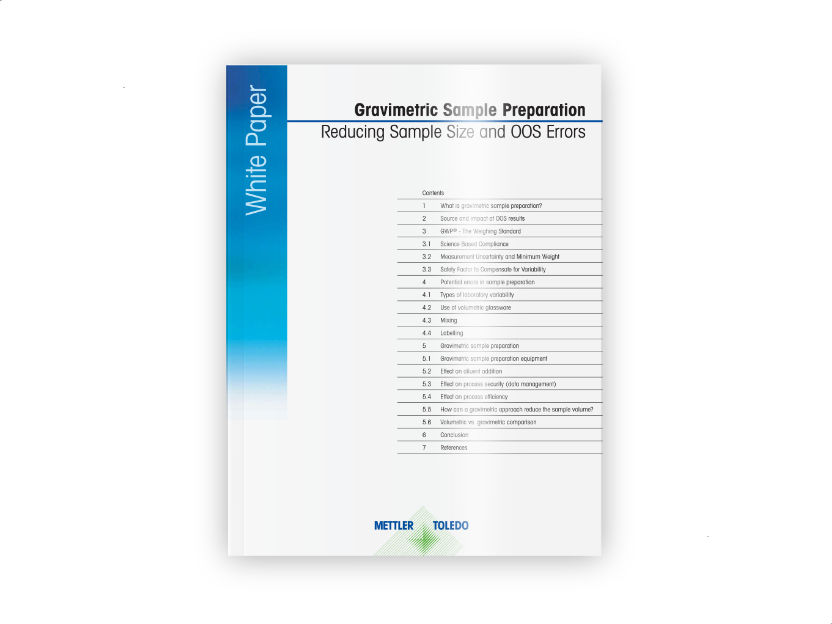Leading scientists from all over the world call for immediate action to stop ocean acidification
More than 150 leading marine scientists from 26 countries are calling for immediate action by policymakers to reduce CO2 emissions sharply so as to avoid widespread and severe damage to marine ecosystems from ocean acidification. They issued this warning in the Monaco Declaration, released on 30 January.
The scientists note that ocean acidification is already detectable, that it is accelerating. They caution that its negative socio-economic impacts can only be avoided by limiting future atmospheric CO2 levels.
Prince Albert II of Monaco has urged political leaders to heed the Monaco Declaration as they prepare for climate negotiations at the United Nations Climate Change Conference in Copenhagen this year. “I strongly support this declaration, which is in full accord with my efforts and those of my Foundation to alleviate climate change,” he said.
The Monaco Declaration is based on the Research Priorities Report developed by participants at last October’s 2nd international symposium on The Ocean in a High-CO2 World, organized by UNESCO’s Intergovernmental Oceanographic Commission, the Scientific Committee on Oceanic Research (SCOR), the International Atomic Energy Agency (IAEA) and the International Geosphere Biosphere Programme (IGBP), with the support of the Prince Albert II of Monaco Foundation and several other partners.
“The chemistry is so fundamental and changes so rapid and severe that impacts on organisms appear unavoidable.” said James Orr of the Marine Environment Laboratories (MEL-IAEA) and chairman of the symposium. “The questions are now how bad will it be and how soon will it happen. The report from the symposium summarizes the state of the science and priorities for future research, while the Monaco Declaration implores political leaders to launch urgent actions to limit the source of the problem.”
“In order to advance the science of ocean acidification, we need to bring together the best scientists to share their latest research results and to set priorities for research to improve our knowledge of the processes and of the impacts of acidification on marine ecosystems,” explained Patricio Bernal, Executive Secretary of UNESCO IOC. “The Ocean in a High-CO2 World Symposia Series provides this forum to scientists every four years, and the Research Priorities Report it produces represents an authoritative assessment of what we know about acidification impacts.”
Most read news
Other news from the department business & finance
These products might interest you

Gilson MyPIPETMAN Select and MyPIPETMAN Enterprise Pipettes by Gilson
Grab the Gilson pipettes with your name and favorite colors!
Customise Your Pipettes to Fit Your Research

Systec H-Series by Systec
Safe, reproducible and validatable sterilization of liquids, solids and waste
Autoclaves with 65-1580 liters usable space, flexibly expandable for various applications

Whatman™ folded filter papers by Cytiva
Whatman folded filter papers
Convenient folded formats speed up your sample preparation

Get the chemical industry in your inbox
By submitting this form you agree that LUMITOS AG will send you the newsletter(s) selected above by email. Your data will not be passed on to third parties. Your data will be stored and processed in accordance with our data protection regulations. LUMITOS may contact you by email for the purpose of advertising or market and opinion surveys. You can revoke your consent at any time without giving reasons to LUMITOS AG, Ernst-Augustin-Str. 2, 12489 Berlin, Germany or by e-mail at revoke@lumitos.com with effect for the future. In addition, each email contains a link to unsubscribe from the corresponding newsletter.



























































